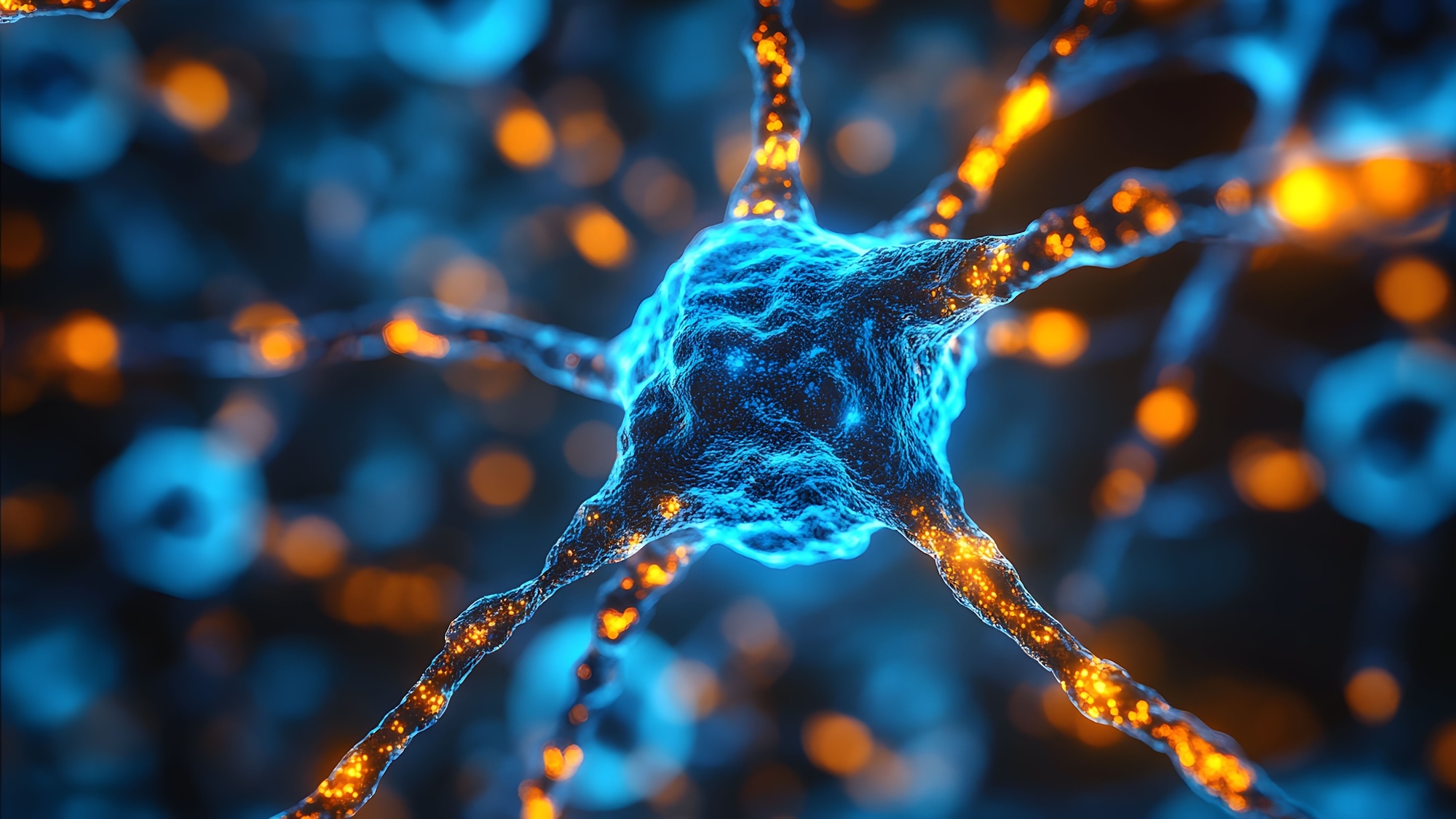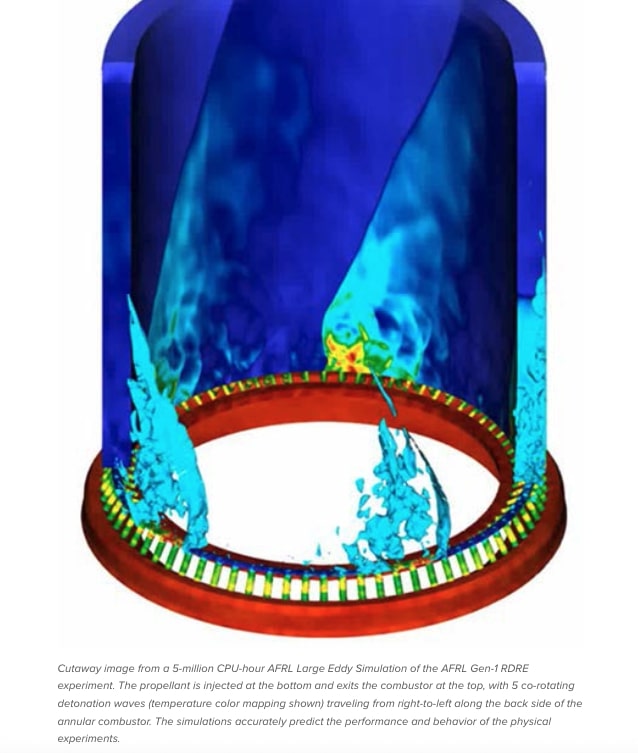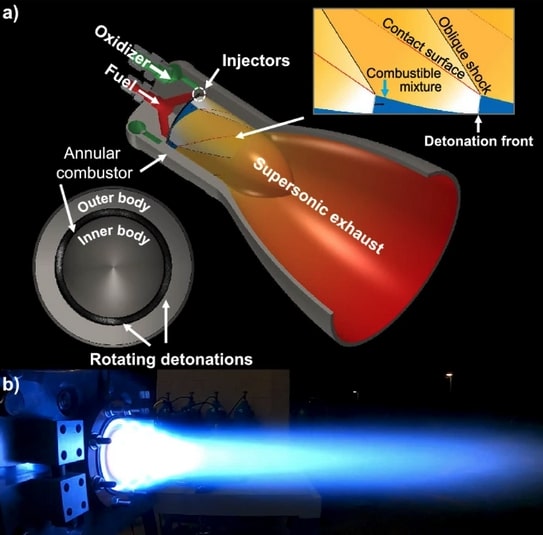Now Reading: Biomedical Engineers Successfully Create Whole-Brain Organoid
-
01
Biomedical Engineers Successfully Create Whole-Brain Organoid
Biomedical Engineers Successfully Create Whole-Brain Organoid

Swift Summary:
- Johns Hopkins University researchers have created multi-region brain organoids (MRBOs), featuring interconnected, functional tissues from every region of the human brain.
- These organoids mimic activity seen in a 40-day-old human fetus and are comprised of approximately 6-7 million neurons, compared to tens of billions in an adult brain.
- MRBOs offer potential advancements for drug growth related to neuropsychiatric diseases like Alzheimer’s, autism, schizophrenia, and Parkinson’s as thay represent a more accurate model than animal testing.
- The study found that attaching individual neural cells from separate regions with “biological superglue” resulted in unified electrical activity and even an early blood-brain barrier formation.
- Currently published as a major breakthrough in the journal Advanced Science, these organoids aim to improve understanding of brain disorders directly using human cellular models.
- Researchers hope such models can definitely help reduce the high failure rate (85%-96%) during early clinical trials for neuropsychiatric drugs.
Indian Opinion Analysis:
The development of multi-region brain organoids marks meaningful progress globally for neuroscience and biomedical research.For India, which faces growing rates of neurological disorders due to aging populations and changing health patterns, this innovation presents promising opportunities. By leveraging similar methodologies or collaborating internationally on such research fronts, Indian institutions could advance treatments tailored specifically to genetic or lifestyle factors prevalent among its citizens.
Moreover, India’s pharmaceutical industry-one of the largest suppliers globally-might benefit from adopting MRBO-based testing procedures over animal models during drug development phases.This shift could accelerate breakthroughs while reducing ethical concerns tied to animal research.
In addition to addressing diseases like Alzheimer’s or schizophrenia within India’s healthcare framework where awareness remains limited,this advancement underscores broader implications by potentially reducing costs incurred by failed clinical trials-a critical point for countries with resource constraints.


























